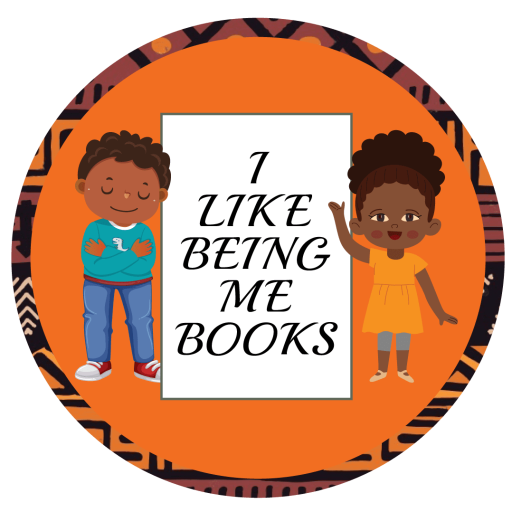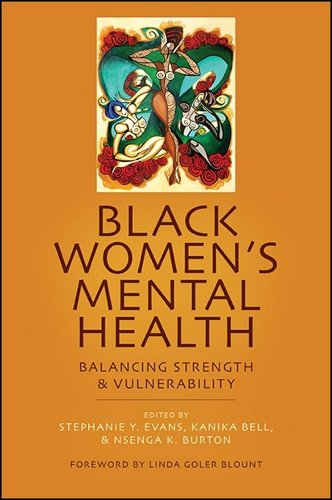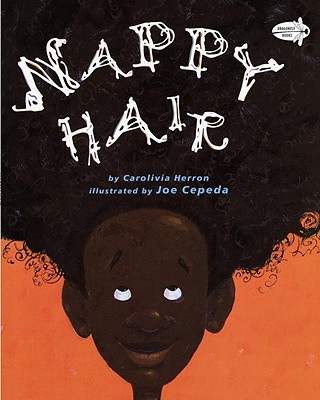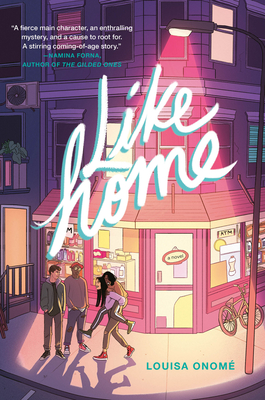Description
This book offers a unique, interdisciplinary, and thoughtful look at the challenges and potency of Black women’s struggle for inner peace and mental stability. It brings together contributors from psychology, sociology, law, and medicine, as well as the humanities, to discuss issues ranging from stress, sexual assault, healing, self-care, and contemplative practice to health-policy considerations and parenting. Merging theory and practice with personal narratives and public policy, the book develops a new framework for approaching Black women’s wellness in order to provide tangible solutions. The collection reflects feminist praxis and defines womanist peace in terms that reject both “superwoman” stereotypes and “victim” caricatures. Also included for health professionals are concrete recommendations for understanding and treating Black women.
“…this book speaks not only to Black women but also educates a broader audience of policymakers and therapists about the complex and multilayered realities that we must navigate and the protests we must mount on our journey to find inner peace and optimal health.” — from the Foreword by Linda Goler Blount
About the Author
Stephanie Y. Evans is Professor and Chair of African American Studies, Africana Women’s Studies, and History at Clark Atlanta University. She is the author of Black Passports: Travel Memoirs as a Tool for Youth Empowerment and the coeditor (with Colette M. Taylor, Michelle R. Dunlap, and DeMond S. Miller) of African Americans and Community Engagement in Higher Education: Community Service, Service-Learning, and Community-Based Research, both also published by SUNY Press. Kanika Bell is Associate Professor of Psychology at Clark Atlanta University. She is also a licensed psychologist and owner of A.T.L. Psychotherapy & Consulting Services. Nsenga K. Burton is Digital Editor of Grady Newsource at the University of Georgia, where she also teaches news writing and multiplatform production. She is the editor of The Burton Wire.
Reviews
“By bringing together people in the social sciences, the humanities and policy in the writing of Black Women’s Mental Health, the editors help women in the academy begin to forge partnerships that help center and amplify black women’s voices. The book provides a bibliography of sources that researchers can utilize to build models for future research and programming.” — Women in Higher Education








Reviews
There are no reviews yet.